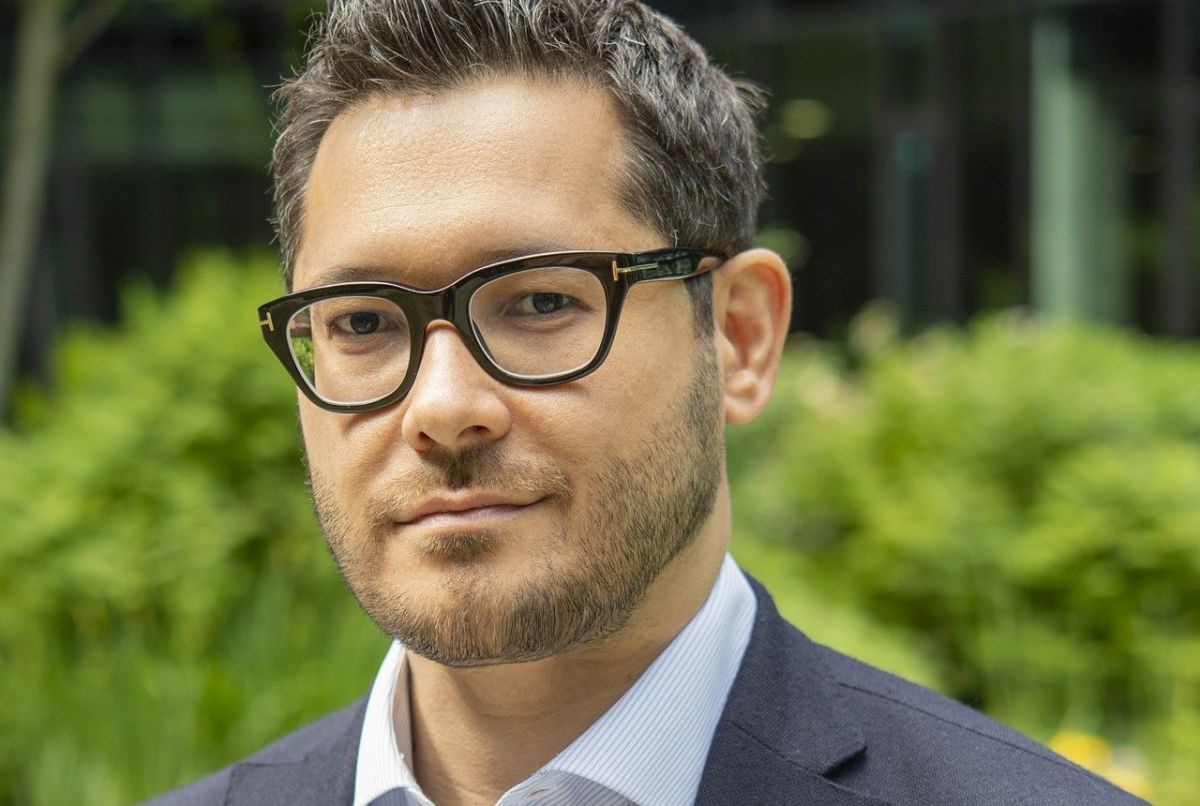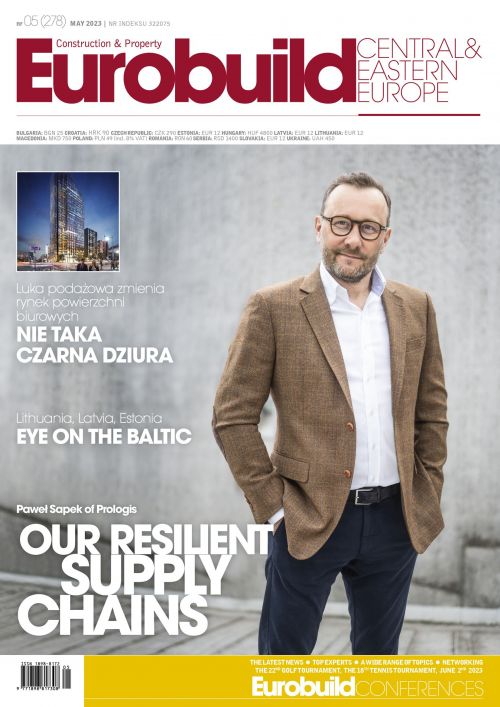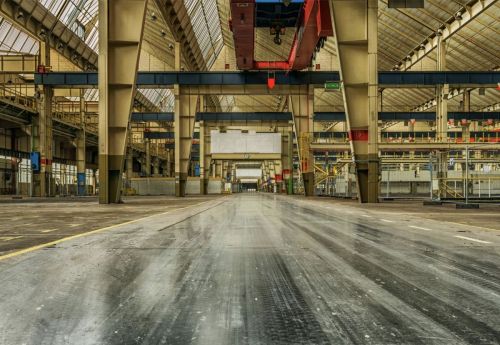You can boast one of the largest leasing deals in recent months – 14,000 sqm for ten years at Konstruktorska Business Centre. How did you manage this in the current situation?
Antonio Pomes, the head of asset management, Golden Star Estate: We really engage with the market – we don’t sit around waiting for the brokers to come to us. This success is a result of our strategy of being very proactive on the market. Our tenants are not just tenants, but also our partners – we care about the success of their businesses.
Konstruktorska Business Centre is now ten years old. How has it aged?
KBC is a very beautiful lady in her prime, so you can’t tell what her age is.
There are many office buildings that are 10 to 15 years old in the same part of Warsaw – Mokotów business district. Are they not now in need of refurbishment?
I believe some properties will diminish in terms of their attractiveness, but some will become even more alluring, because of their timeless





























































